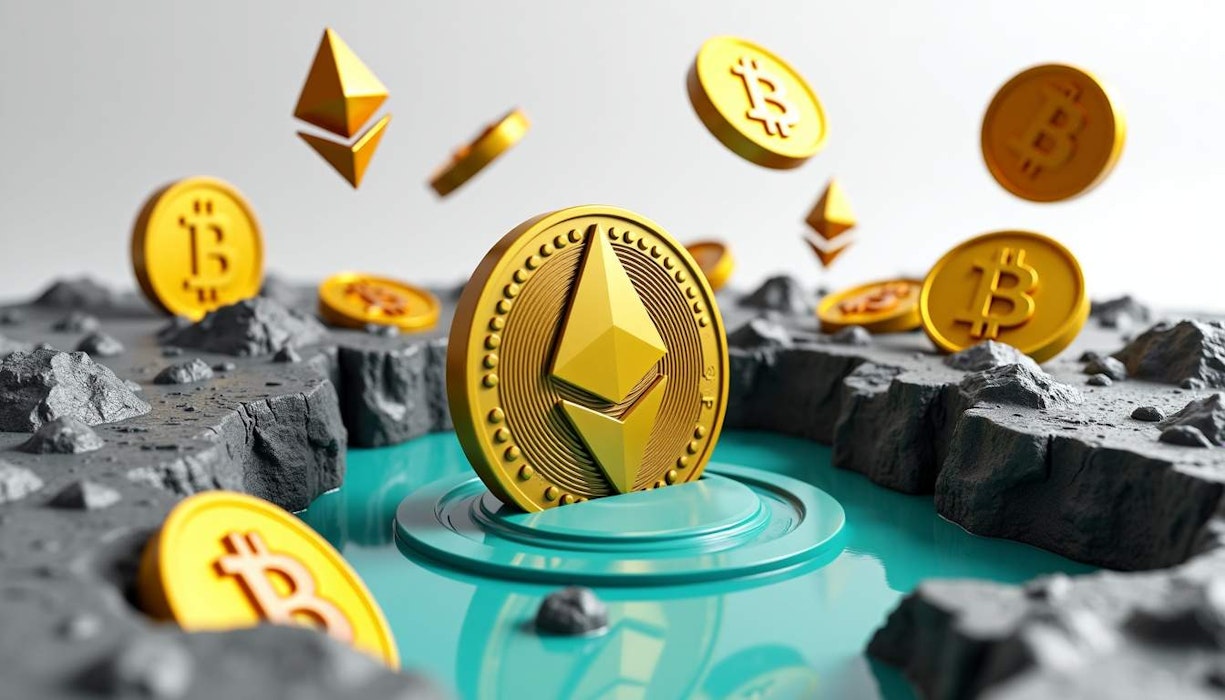I’ve been thinking about the recent moves by exchanges to delist privacy coins and how it’s forcing a shift towards decentralized platforms. Kraken's announcement to remove Monero from its services is just the tip of the iceberg. It seems like every few months, another exchange adds privacy coins to its "no-go" list, and it’s starting to feel like a coordinated effort.
The Compliance Conundrum
Let’s face it: exchanges are businesses. They need to comply with regulations if they want to operate without getting shut down. And as much as we love our privacy, regulators aren't fans of anything that makes it hard for them to see what we're up to. The European Union's Fifth Anti-Money Laundering Directive (5AMLD) is just one example of a regulation that’s making life difficult for these coins.
When Kraken says it's halting all Monero trading because of "regulatory and compliance obligations," you can bet other exchanges are taking notes. Just look at Bittrex, Huobi, and OKX—they've all removed or restricted privacy coins recently. It’s like a game of follow-the-leader, but in reverse; those who don’t comply get closed down.
Decentralized Exchanges: The New Frontier?
So where does that leave us? Enter decentralized exchanges (DEXs). These platforms are popping up left and right, allowing users to trade without the watchful eyes of central authorities—or KYC processes. Sure, DEXs might not have the same liquidity as your favorite centralized crypto money exchange, but they offer something far more valuable: freedom.
And let’s not forget about innovation in privacy tech itself! Developers aren’t sitting on their hands; they're busy creating new methods—like zero-knowledge proofs—to ensure that even if regulators come knocking, users can still maintain their anonymity.
The Market Reaction
Of course, there are immediate consequences to these delistings. Just look at Monero's price drop after Kraken's announcement—it fell from $154 to $141 in no time flat! But history shows us that markets can be resilient; Bitcoin was once considered dead after every major crash.
Still, I can’t help but wonder: Are we witnessing the birth pangs of a new underground economy? As mainstream acceptance becomes increasingly elusive for privacy-focused cryptocurrencies, perhaps they’re destined for a niche market—one that's ready and willing to go fully off-grid if necessary.
In conclusion, while I appreciate the need for some level of regulation (we can't have wild west chaos), it's clear that the pendulum has swung too far in one direction. As more people become aware of surveillance capitalism and its implications, I suspect demand for truly private options will only grow.
